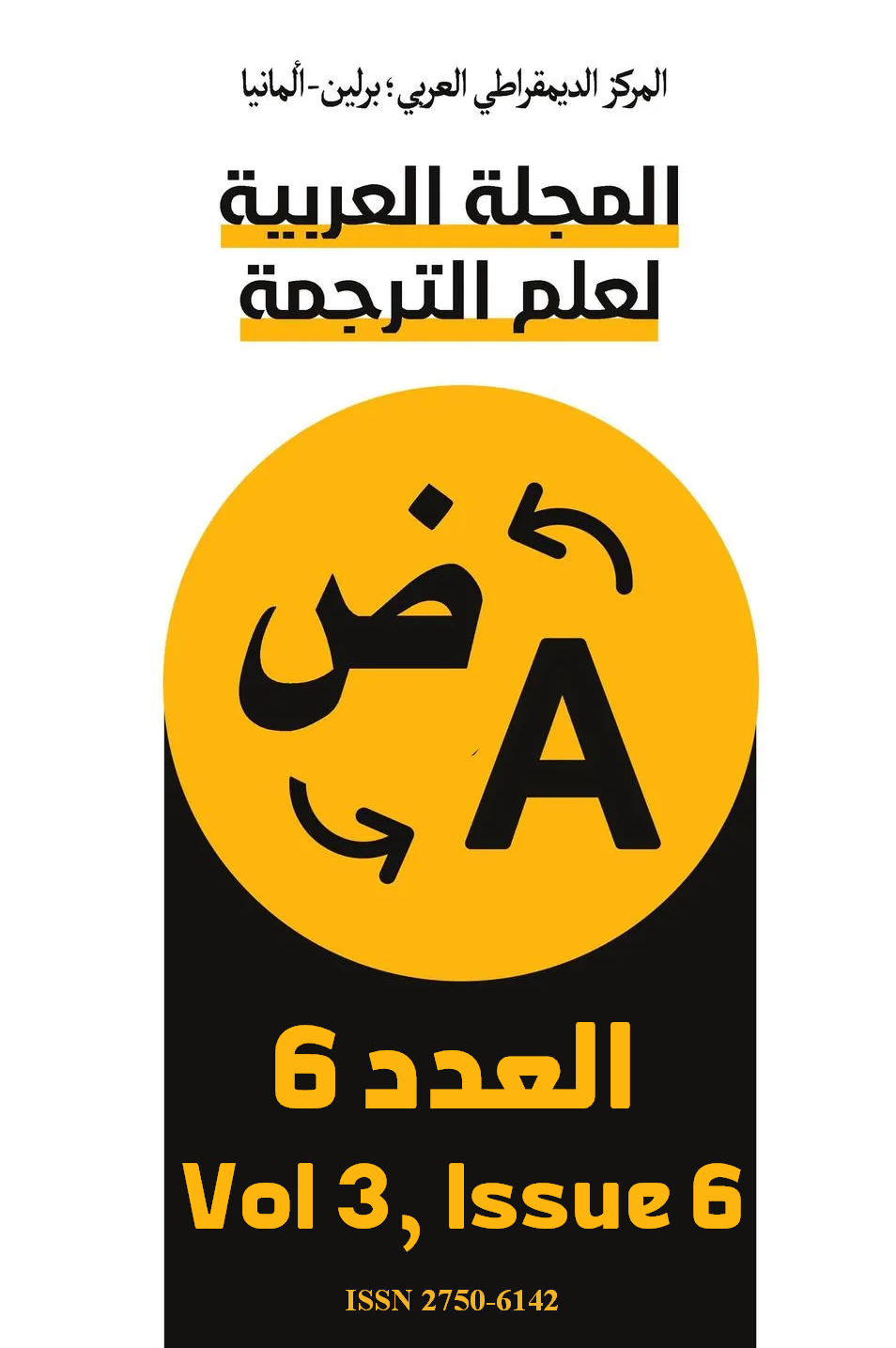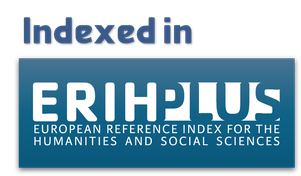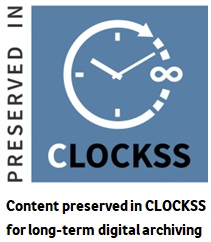Towards Overcoming the Challenges of Creative Teaching in the Age of Image and Digital Intelligence: Theoretical Framing and Practical Applications
DOI:
https://doi.org/10.63939/AJTS.8vjc8c18Keywords:
Creative Teaching, Era of Images, Digital IntelligenceAbstract
This paper discusses the challenge of creative teaching in the era of images and digital intelligence a nagging demand of the present time. With the image becoming a universal language and dominating all fields, including education, specialists in the educational field are compelled to think about the need to engage in these transformations and transition from the old phase of education based on paper books and wooden boards to the use of digital books, electronic boards, and distance learning. This is a challenge that schools and universities cannot do without, nor can they miss out on the opportunities provided by the technological revolution, especially in the digital realm.
For this purpose, the topic is discussed at the level of two frameworks: a theoretical framework that highlights the importance of images and digital intelligence and the conditions for employing them as effective mechanisms to enhance teaching practices, and an applied framework that analyzes the results of a questionnaire distributed to a group of practicing teachers. Based on this analysis, some measures are proposed to achieve creative practice in the educational field in general and in teaching in particular.
The article concludes by emphasizing that the educational situation in Arab countries necessitates an intermediate stage, in which a combination of traditional and modern methods, including a fusion of paper and digital textbooks, is used in order to avoid losing skills that depend on the presence of physical books while also embracing digital books to keep up with educational developments and achieve digital competencies as one of the challenges of the twenty-first century.
Downloads
Published
Issue
Section
License

This work is licensed under a Creative Commons Attribution-NonCommercial 4.0 International License.
As an open-access the journal follows the CC BY-NC 4.0 Attribution-NonCommercial 4.0 International which states that:
- you are free to:
- Share— copy and redistribute the material in any medium or format.
- Adapt— remix, transform, and build upon the material.
- Under the following terms:
- Attribution— You must give appropriate credit, provide a link to the license, and indicate if changes were made. You may do so in any reasonable manner, but not in any way that suggests the licensor endorses you or your use.
- NonCommercial — You may not use the material for commercial purposes.
- No additional restrictions — You may not apply legal terms or technological measures that legally restrict others from doing anything the license permits.












